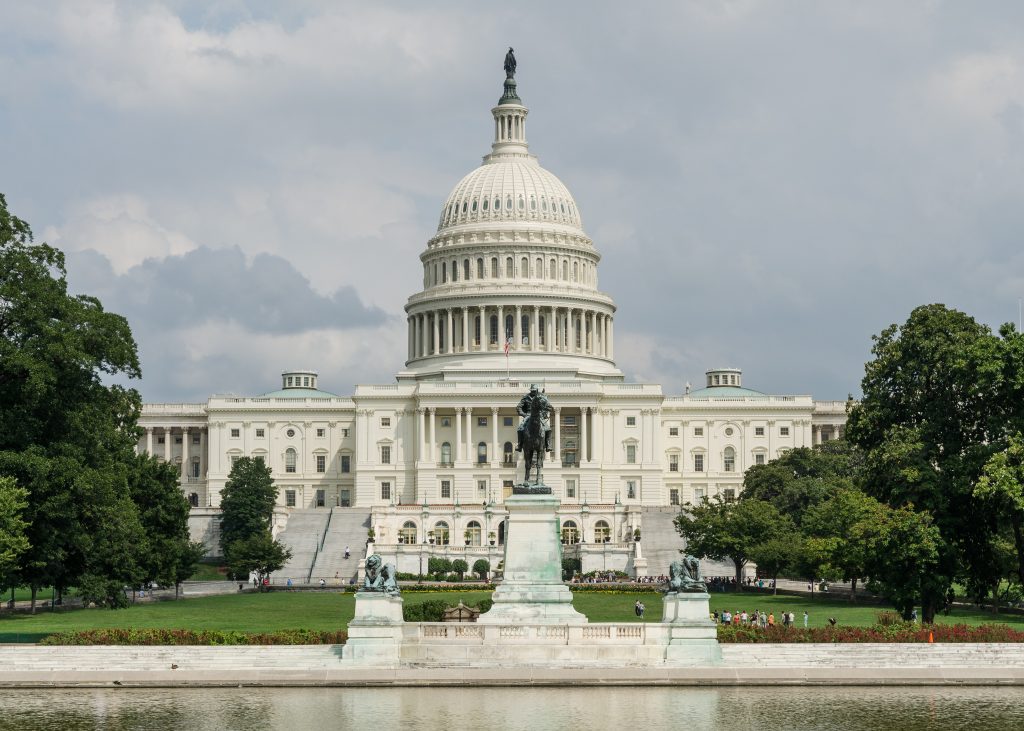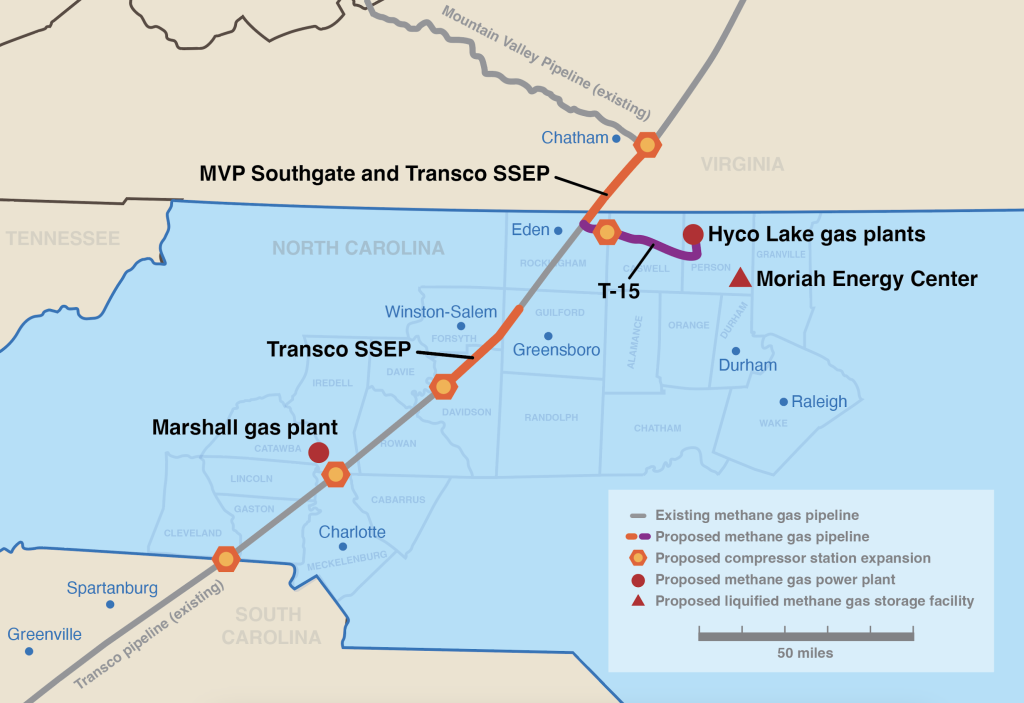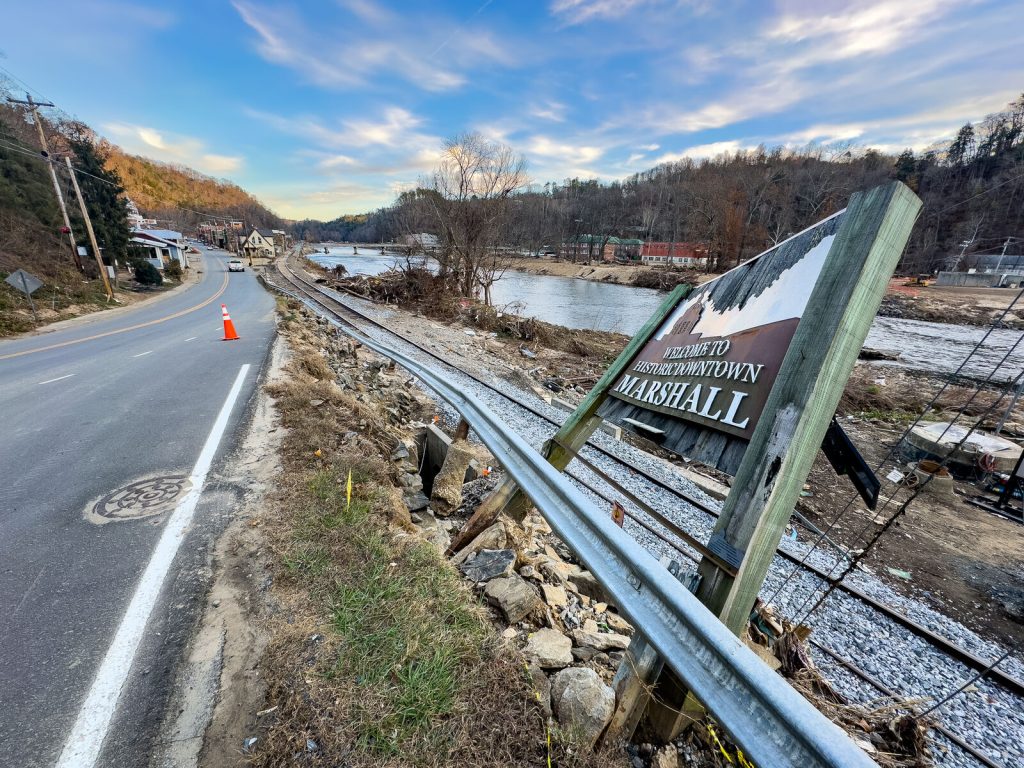Scores of Activists Gather in D.C. to Ask Congress and President Obama to End the Controversial Mining Practice
– – – – – – – – – – – – – – – – – – – – – – – – – – – – – –
Contact: Sandra Diaz …. (407)739-6465 …. sandra@appvoices.org
Dustin White….(304)541-3144….mountain.patriot@gmail.com
– – – – – – – – – – – – – – – – – – – – – – – – – – – – – –
(WASHINGTON D.C.) – This week over 150 citizens from more than 30 states are gathering in the nation’s capital to urge Congress to end mountaintop removal coal mining and protect the health of residents in central Appalachia.
Participants in the annual End Mountaintop Removal Week in Washington will conduct over 100 meetings with members of Congress during three days, lobbying in support of the Clean Water Protection Act and the Appalachia Restoration Act—two bills in Congress that would significantly curtail mountaintop removal mining by preventing the dumping of mine waste into streams and valley fills, burying headwater streams.
“We, the people of Appalachia are made to give up our homes and communities, our culture and heritage, our health and even our lives so others can turn on a light bulb,” says Dustin White, a volunteer with Ohio Valley Environmental Coalition. “So we come to D.C. to tell Congress and our President we will no longer be ignored and we will no longer be sacrificed.”
Mountaintop removal coal mining is a radical form of strip mining that has impacted over 500 mountains and buried over 2,000 miles of streams in central Appalachia. Residents who live in proximity of mine sites complain of orange and black tap water flowing from their faucets, breathing in coal dust floating in the air outside their homes and higher-than-normal cancer rates.
“Americans want to see an end to the destruction of our oldest and most biologically diverse mountains, and the administration has taken limited steps towards restricting the impacts of mountaintop removal,” says J.W. Randolph, Legislative Associate for Appalachian Voices, “Congress needs to listen to the will of the people and pass legislation that would help to end mountaintop removal, and block any legislative attempt to enshrine the practice.”
A number of scientific studies show the relationship between mountaintop removal coal mining and human health. The most recent study by the Harvard Center for Health and Global Environment indicates that Appalachian coal-mining communities shoulder a high cost of roughly $74.6 billion a year in increased health-care costs, injury and death due to mountaintop removal.
“What most people don’t understand about mountaintop removal mining is that it isn’t just an environmental issue,” explains Vickie Terry, a member of Tennessee’s Statewide Organizing for Community eMpowerment. “This is about our homes and my family’s heritage here. They are literally blowing up my and my granddaughter’s history.”
The event, now in its sixth year, is sponsored by the Alliance for Appalachia, a coalition of over a dozen community, state-wide and regional organizations who run iLoveMountains.org, a website that uses cutting edge technology to inform and involve citizens from all over the country in their efforts to save mountains and communities.
The Alliance for Appalachia is also working to fight recent Congressional attacks on the Clean Water Act and the U.S. Environmental Protection Agency. In the past two years, the EPA has issued water quality standards on mountaintop removal and has put into place an “enhanced coordination process” to review mountaintop removal mining permits with other federal agencies. Advocates, while supportive of these actions, are calling on the Obama Administration to take stronger action.
“If this administration is serious about moving America toward a clean energy future, banning mountaintop removal and valley fills in Appalachia must be the first step,” says Jane Branham of the Southern Appalachian Mountain Stewards. “For our economy, for our health, and for our heritage—we need this administration and this Congress to act.”
Appalachian coal-mining regions have traditionally had high rates of unemployment, even prior to the current economic downturn, and the central Appalachian region contends with some of the highest poverty rates in the country. Critics say that due to the mechanized nature of mountaintop removal which replaces men with explosives and large equipment, the practice not only destroys mountains but also eliminates jobs and economic opportunities. In the last 50 years, while coal production increased the numbers of miners decreased by 90%.
Other highlights of the group’s annual Week in Washington include a a tribute for Judy Bonds, one of the movement’s leaders who recently passed away; a national call-in day to Congress for supporters unable to travel to Washington; and a Congressional reception to celebrate members of Congress and others supportive of the Alliance’s efforts.
Members of the Alliance for Appalachia include: The Appalachian Citizens Law Center, Appalachian Voices, Appalshop, Coal River Mountain Watch, Heartwood, Kentuckians For The Commonwealth, Mountain Association for Community Economic Development, Ohio Valley Environmental Coalition, Southern Appalachian Mountain Stewards, SouthWings, SOCM (Statewide Organizing for Community eMpowerment), and West Virginia Highlands Conservancy.
# # #
Photo and Video Opportunities and Hi-Res Photos available.
Interviews available upon request



